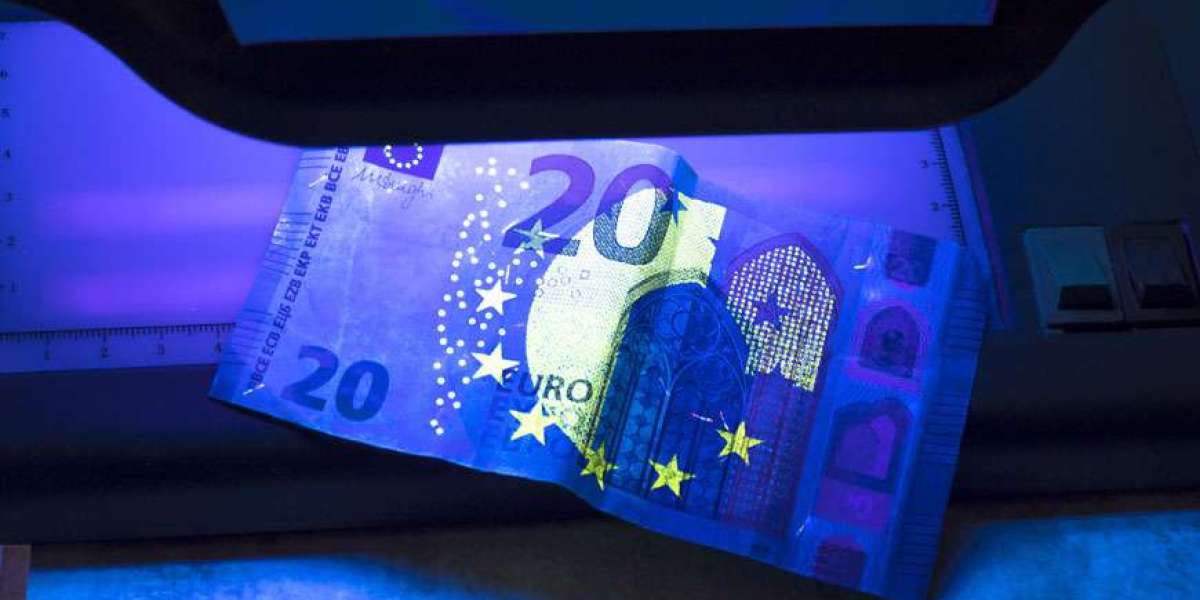In the digital age, the ease with which people can access and interact with the global marketplace has opened up countless opportunities for commerce and innovation. However, this accessibility has also given rise to a more nefarious side of online trade, including the proliferation of online shops that deal in counterfeit money. This article delves into the world of these illicit operations, exploring the methods used to produce and distribute fake currency, the risks involved for both buyers and sellers, and the measures being taken to combat this illegal activity.
The Rise of Online Counterfeiting
Counterfeiting is not a new phenomenon; it has been a challenge for governments and financial institutions since the inception of currency itself. However, the advent of the internet has transformed the landscape of counterfeiting, making it easier for individuals to produce and sell fake money on a global scale. These online shops operate in the shadows of the internet, often using encrypted platforms and dark web marketplaces to avoid detection and legal repercussions.
How Counterfeit Money is Produced
The process of creating counterfeit money is as sophisticated as it is illegal. Here are some of the common methods used:
- Digital Printing: High-resolution printers and advanced software can produce counterfeit bills that are difficult to distinguish from genuine currency. This method is popular due to its relative ease and low cost.
- Laser Engraving: More advanced counterfeiters use laser engraving to replicate the intricate details and security features of real banknotes. This technique requires more specialized equipment and expertise.
- Altered Genuine Notes: Some counterfeiters alter genuine notes to create higher denominations. For example, they might change a £20 bill to a £100 bill by altering the denomination and security features.
- 3D Printing: In recent years, 3D printing has emerged as a new method for producing counterfeit coins and small denominations of paper money. The technology allows for the creation of highly detailed and realistic replicas.
The Dark Web: A Haven for Illicit Trade
The dark web is a part of the internet that is not indexed by search engines and requires special software like Tor to access. It is often used for illegal activities, including the sale of counterfeit money, because it provides a high degree of anonymity. Online shops for counterfeit money on the dark web typically operate as follows:
- Vendor Listings: These shops list their products, often with detailed images and descriptions. Vendors may also provide customer reviews and ratings to build trust.
- Payment Methods: Transactions are usually conducted using cryptocurrencies like Bitcoin, which are difficult to trace. Some shops may also accept other forms of untraceable payment.
- Shipping: Fake currency is often sent in small, inconspicuous packages to avoid detection by customs and law enforcement. Vendors may use false addresses and other tactics to further obscure their activities.
The Risks of Buying and Selling Counterfeit Money
Engaging in the trade of counterfeit money, whether as a buyer or a seller, comes with significant risks:
- Legal Consequences: Possession and distribution of counterfeit money are serious crimes that can result in severe penalties, including imprisonment and heavy fines.
- Financial Loss: Buyers who use counterfeit money may find themselves in a difficult position if the fake bills are discovered. They could lose the value of the money and face legal action.
- Reputation Damage: Sellers who are caught can suffer not only legal consequences but also damage to their reputation and potential blacklisting from legitimate financial systems.
- Health and Safety: The chemicals and materials used in the production of counterfeit money can be harmful, posing risks to the health of those involved in the process.
The Economic Impact of Counterfeiting
The circulation of counterfeit money can have far-reaching economic impacts:
- Inflation: An influx of fake currency can lead to inflation, as the value of money decreases when there is more of it in circulation.
- Loss of Trust: When consumers and businesses start to doubt the authenticity of the currency they receive, it can undermine trust in the financial system.
- Increased Security Costs: Financial institutions and governments must invest more in security measures to detect and prevent the use of counterfeit money.
Law Enforcement Efforts
Governments and law enforcement agencies around the world are working to combat the issue of counterfeit money. Some of the strategies employed include:
- Enhanced Detection Technologies: Advanced technologies, such as ultraviolet and infrared scanning, are used to detect counterfeit bills more effectively.
- International Cooperation: Law enforcement agencies collaborate across borders to track and apprehend counterfeiters.
- Public Awareness Campaigns: Educational initiatives are designed to help the public recognize the signs of counterfeit money and hochwertige fälschungen report suspicious activities.
- Cryptocurrency Regulation: Increased regulation of cryptocurrencies is aimed at making it harder for counterfeiters to use them for illegal transactions.
Frequently Asked Questions (FAQs)
Q: Is it illegal to possess counterfeit money?
A: Yes, possessing counterfeit money is illegal in most countries. If you suspect that you have received counterfeit money, you should report it to the authorities immediately.
Q: How can I spot counterfeit money?
A: There are several ways to identify counterfeit money:
- Feel: Real banknotes have a distinct texture and feel. Counterfeits often feel smoother or thinner.
- Look: Authentic bills have specific security features, such as watermarks, color-shifting ink, and microprinting. Counterfeits may lack these features or have them poorly replicated.
- Check the Serial Number: Counterfeit bills often have identical serial numbers or numbers that do not follow the standard format.
- Use Detection Devices: Banks and businesses use specialized devices to detect counterfeit money. You can also purchase these for personal use.
Q: What should I do if I receive counterfeit money?
A: If you suspect that you have received counterfeit money, do not try to spend it. Instead, contact your local law enforcement agency or financial institution. They can guide you on the proper procedures for reporting and handling the counterfeit currency.
Q: Are there any legal consequences for using counterfeit money without knowing it?
A: While the intent to defraud is a key factor in legal proceedings, using counterfeit money can still result in legal issues. It is important to be vigilant and report any suspicious currency you receive.
Q: How are cryptocurrencies being used in the trade of counterfeit money?
A: Cryptocurrencies like Bitcoin are often used in the trade of counterfeit money because they offer a high degree of anonymity and are difficult to trace. Law enforcement agencies are increasingly focusing on regulating and monitoring cryptocurrency transactions to combat this issue.
The online trade of counterfeit money is a complex and dangerous issue that affects individuals, businesses, and economies worldwide. While the technology and methods used by counterfeiters continue to evolve, so too do the efforts of law enforcement and financial institutions to detect and prevent the circulation of fake currency. Public awareness and vigilance are crucial in the fight against counterfeiting. By understanding the risks and taking appropriate actions, individuals can help protect themselves and contribute to a safer financial environment.
Additional Resources
- U.S. Secret Service: Provides detailed information on how to detect counterfeit money.
- European Central Bank: Offers guidance on the security features of euro banknotes.
- Interpol: Tracks and coordinates international efforts to combat counterfeiting.
Final Thoughts
The allure of quick profit from counterfeiting is a tempting but dangerous path. The consequences of engaging in this illegal activity are severe and far-reaching. For those who may be tempted, it is crucial to understand the risks and the impact on the broader economy. For the rest of us, remaining vigilant and reporting suspicious activities can help maintain the integrity of our financial systems.







